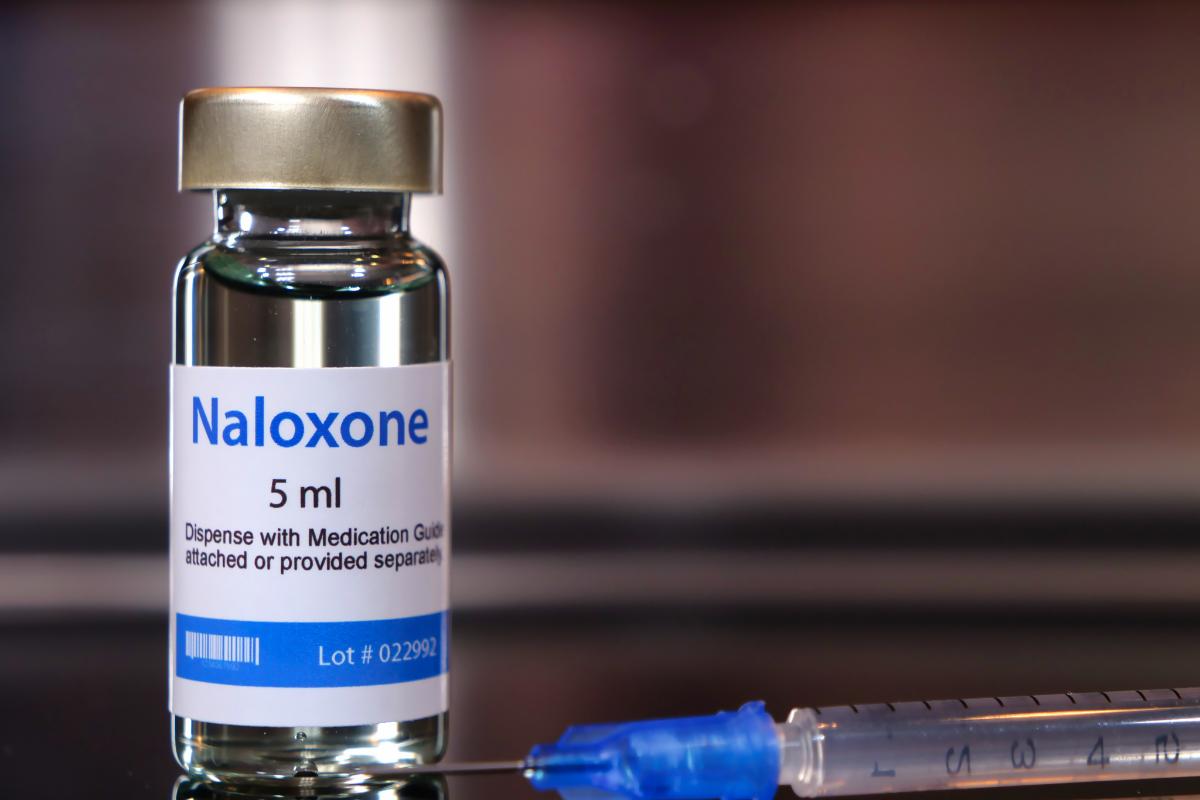Naltrexone is beneficial in helping with alcohol use disorder and opioid withdrawal. The benefits of naltrexone are evident as you go through detoxing and feel the relief from your cravings and allow you to focus on your recovery. A naltrexone treatment program allows you to continue with your addiction recovery until the cravings are no longer intolerable. If you have tried quitting drugs or alcohol in the past and failed, a naltrexone treatment program can give you the assistance you need to succeed in breaking your addiction.
At Colorado Medication Assisted Recovery, our medication-assisted treatment (MAT) program will reduce your withdrawal symptoms and curb your cravings, giving you a chance to get through your detox and continue with your addiction recovery. If you or a loved one is struggling with alcohol or opioid addiction and is ready to commit to their recovery, call 833.448.0127 today to learn more about the benefits of naltrexone and medication-assisted treatment.
How Does Naltrexone Help with Addiction Recovery?
Naltrexone is an FDA-approved non-opioid treatment medication used for alcohol use disorder and opioid addiction. It is non-addictive and does not create withdrawal symptoms like other partial or full agonist medications like methadone and buprenorphine. Naltrexone binds with the opioid receptors and diminishes your cravings, and blocks the euphoric effects of alcohol and opioids.
There are two methods of taking naltrexone: a pill form taken once a day and is beneficial for alcohol use disorder. And an extended-release intramuscular injection is given once a month for alcohol and opioid addiction. Currently, only the injection is FDA-approved for medication-assisted treatment programs.
3 Benefits of Naltrexone Treatment Programs
If you have struggled with alcohol or opioid addiction and tried to quit alone, you understand how your cravings can be overpowering and force you to continue despite knowing the harm you are causing. Naltrexone and other FDA-approved drugs are beneficial for use in a medication-assisted treatment program for their ability to block cravings and reduce withdrawal symptoms. Three benefits of naltrexone that will help with your addiction recovery include:
- Blocks euphoric feelings – Many patients cannot resist the euphoric high and pleasurable feelings that substance abuse creates. This is why despite being harmful to you physically, some patients are unable to resist. Naltrexone blocks the release of dopamine, so you do not feel its effects.
- Eliminates cravings – Since naltrexone blocks opioid receptors, there is no euphoric feeling and therefore no cravings for alcohol or opioids, reducing the risk of relapsing.
- Reduces intoxicating feelings – Naltrexone binds with opioid receptors for an extended period of time. If you drink while taking Naltrexone, you will not feel buzzed or drunk as the naltrexone prohibits the release of the chemicals responsible for making you feel high.
Your naltrexone treatment program will coincide with behavioral therapy programs as a medical professional will administer the naltrexone and other FDA-approved drugs. The goal of any MAT program is not to replace one drug with another but to get you off of drugs and alcohol completely.
Call Colorado Medication Assisted Recovery Today to Discover all the Benefits of Naltrexone for Your Addiction Recovery
At Colorado Medication Assisted Recovery, we use medication-assisted treatment alongside behavioral and mental health therapy to help you with your addiction recovery. We offer a wide range of programs that include:
- Medication-assisted treatment
- Online and outpatient treatment programs
- Individual and group therapy
- Family counseling
- Recovery support services
- Behavioral and mental health assessments
Once you can focus on your recovery and not worry about the painful withdrawal symptoms, you will find it easier to understand your addiction and develop healthy coping skills that you will use throughout your life to maintain your sobriety. If you are ready to regain control of your life from addiction, call 833.448.0127 today to learn about the benefits of naltrexone and how committing to a naltrexone treatment program can help you break free from your addiction.



























